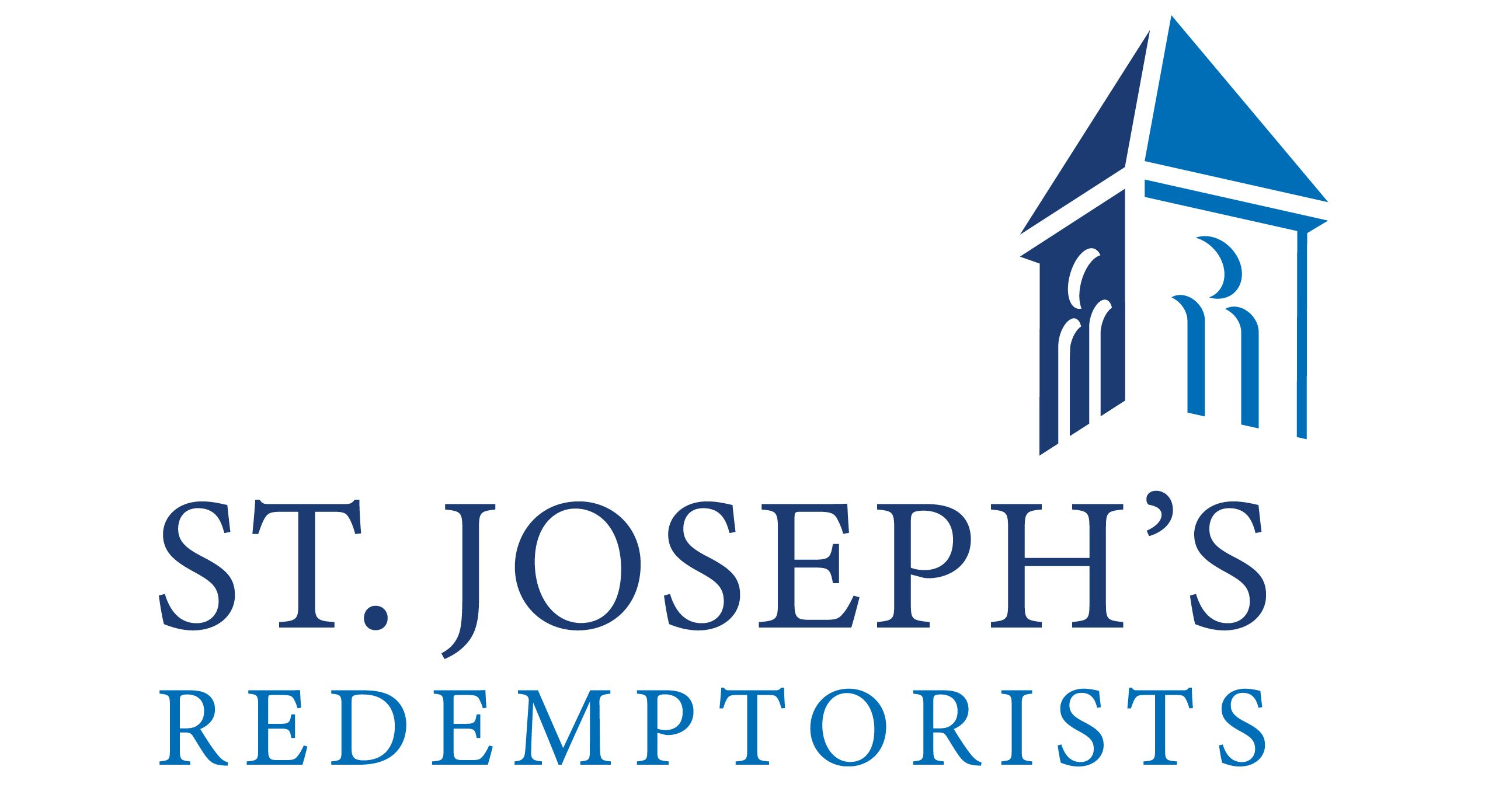Lent 2018
Lent begins on Ash Wednesday which is one of those days which reminds us that we are called to be better Christians than we are right now. There are many good Christians in our midst but everyone can progress further in the ways of the Lord.
This progression is what we often refer to as conversion, changing and adjusting our lives to be more aligned with what God wants of us. It is a project for a lifetime but which we are invited to undertake with greater effort during Lent.
‘Repent and believe in the Gospel’ is the phrase we hear as the ashes are placed on our forehead. ‘Repent’ means to turn to God and open our hearts and minds to his Word. ‘Believe in the Gospel’ has the same meaning.
Lent, therefore, is an appropriate time to become more familiar with the Word of God, giving some time each day to reading some verses from the Bible. There are so many other things we can do to show that we are serious about the instruction ‘Repent and Believe in the Gospel’. To seek to improve the quality of our prayer is a case in point, or our willingness to visit the sick and the lonely, or our solidarity with the needy and the homeless, or our more constant participation in the celebrations of the faith community.
Lent leads to Holy Week and Easter. Holy Week is not just another week and Easter is not just another feast. On Holy Thursday we celebrate the institution of the Eucharist and the commandment to serve one another; on Good Friday we recall the passion and death of Jesus. On Easter night and on Easter Sunday we celebrate and rejoice that Jesus has risen from the dead. Lent helps us prepare for these very special days.
The Trócaire campaign has been part of Lent in Ireland for several decades. The campaign is on behalf of people in poorer countries who need support to improve the quality of their lives. This year’s campaign focuses on Sierra Leone in particular – a country which has experienced a protracted civil war. In recent years it has been struck by a deadly outbreak of the Ebola virus and has experienced devastating landslides that have killed more than a thousand people. Trócaire’s work focuses not only on vital humanitarian aid, but also on providing educational assistance and addressing cultural issues around gender inequality and the role of women in society.
To support the Trócaire campaign is a clear signal of our determination to ‘Repent and Believe in the Gospel’ because it is a way of loving one’s neighbour, especially those most in need.

 Donate
Donate Webcam
Webcam Facebook
Facebook
